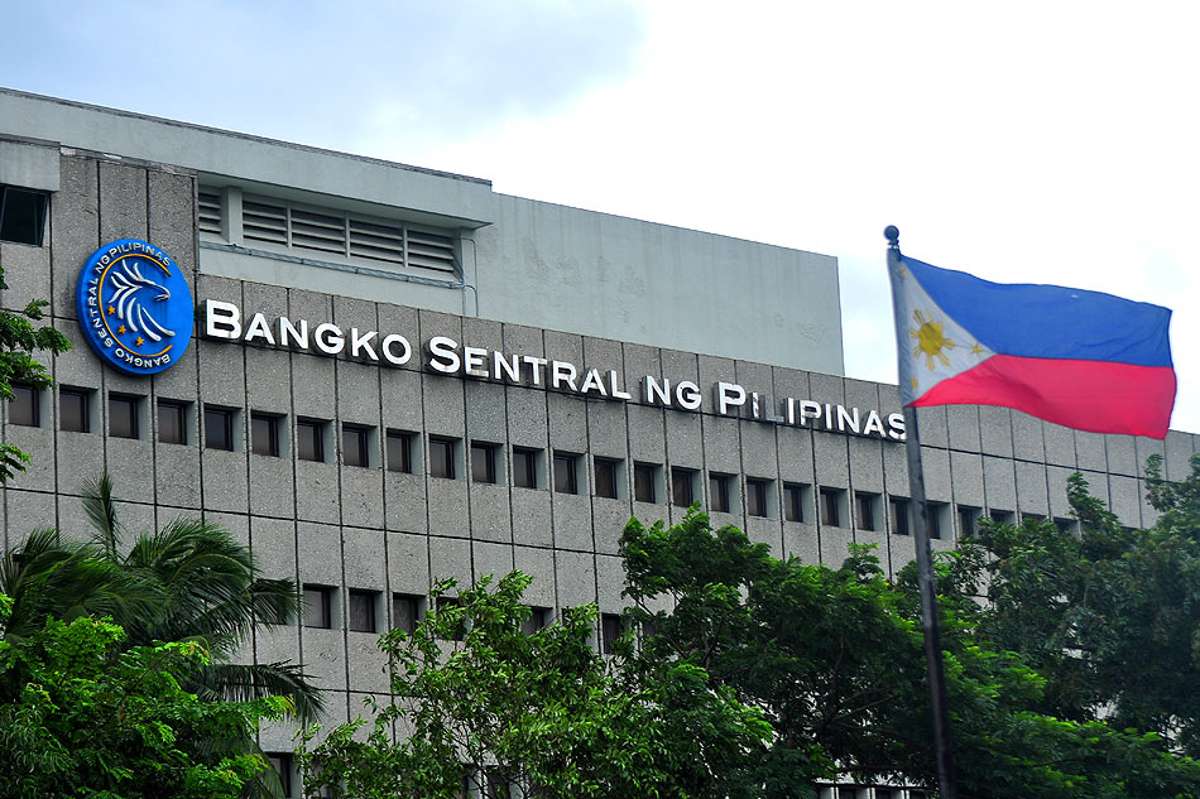
On August 14, 2025, the Bangko Sentral ng Pilipinas (BSP) delivered a firm ultimatum to electronic wallet providers: remove all icons and links directing users to online gambling platforms within 48 hours. This directive was formalized during a Senate hearing, where BSP Deputy Governor Mamerto Tangonan confirmed that the Monetary Board had approved the move to “take down and remove all icons and links redirecting to gambling sites”. The deadline gives providers until Sunday, August 17, 2025, to comply—failure to do so could result in contempt actions from the committee, as warned by Senator Erwin Tulfo.
E-wallet giants like GCash and Maya have quickly signaled their readiness to comply. GCash assured that it would “fully comply” with the BSP’s directive, emphasizing its commitment to ensuring that digital financial services are used responsibly and safeguard users’ welfare. Maya similarly confirmed its intention to implement the required updates while assuring customers that their accounts remain secure and fully operational.

This move is not BSP’s first effort to curb the nexus between digital wallets and online gambling. Earlier in July 2025, the central bank circulated a draft circular among stakeholders, aiming to strengthen consumer protection by limiting user access to unregulated gambling services via digital platforms. This initiative built on earlier actions, such as the 2022 directive removing e‑sabung (electronic cockfighting) from e-wallet merchant lists after the government suspended those activities.

In parallel, lawmakers have been pushing for legislative reforms. For instance, a House bill introduced in July proposed prohibiting direct links between online gambling sites and digital wallets, while Representative Keith Flores has called digital wallets “channels of addiction”—bemoaning how easily users can fund gambling through them and even borrow money to do so.
The urgency behind these regulatory moves is fueled by the exponential growth of online gambling in the country. In his remarks during the hearing, Senator Juan Miguel Zubiri highlighted that gross gaming revenues ballooned from ₱8 billion in 2022 to ₱135.71 billion in 2024. Meanwhile, the emotional and societal toll has not gone unnoticed. Senator Erwin Tulfo condemned online gambling as "breeding the next generation of addicts, debtors, and broken families," challenging the Philippine Amusement and Gaming Corporation (PAGCOR) for enabling continued licensing of online operators.
Amid all this, BSP clarified that even as links are removed, users may still access gambling sites directly—not via e-wallets—but the aim is to significantly raise the barrier to impulsive gambling.

 Content Writer: Janice Chew • Thursday, 25/08/2025 - 18:50:03 - PM
Content Writer: Janice Chew • Thursday, 25/08/2025 - 18:50:03 - PM